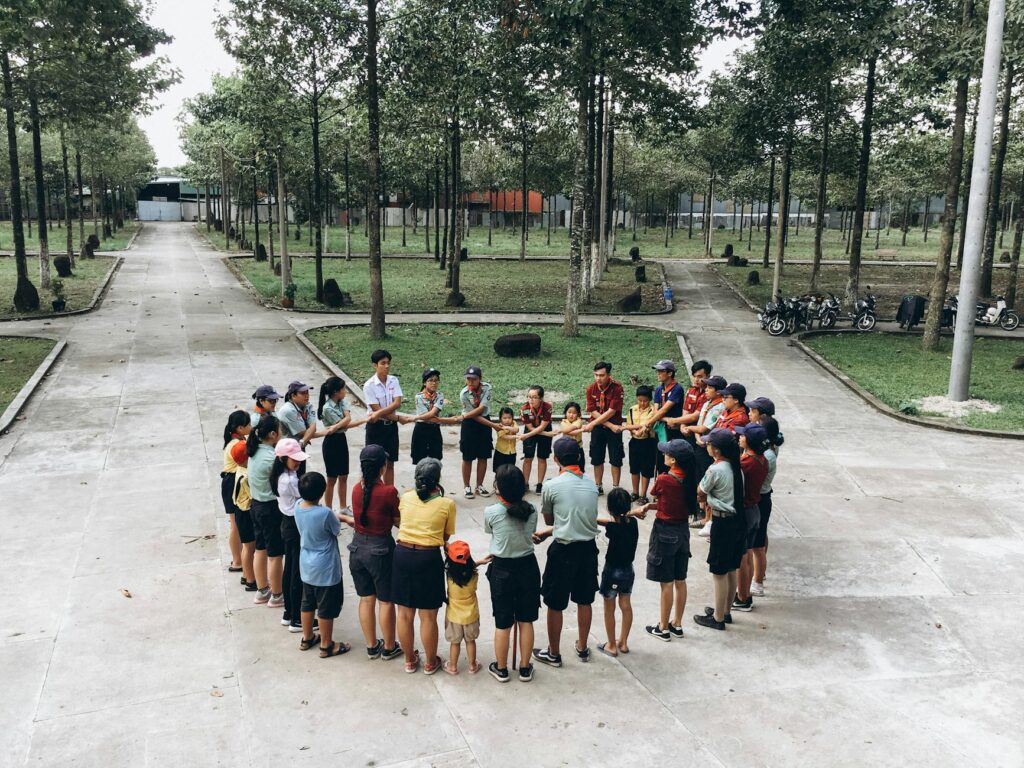A Look at the Evolving Models for DAO Governance and Compensation
Decentralized Autonomous Organizations (DAOs) are redefining how we think about organizational structure and collaboration. They offer a tantalizing glimpse into a future where decisions are made collectively and transparently, powered by blockchain technology. But as DAOs mature, the questions of governance and compensation – how decisions are made and how contributors are rewarded – become increasingly complex and crucial. This article delves into the evolving landscape of DAO governance and compensation models, exploring their strengths, weaknesses, and the exciting innovations driving the future of decentralized work.

The Challenges of Traditional Governance in a Decentralized World
Traditional hierarchical organizations often struggle with slow decision-making, lack of transparency, and unequal distribution of power. DAOs aim to address these issues by distributing power among its members, but this decentralization introduces new challenges. How can we ensure effective decision-making in a large and diverse group? How do we prevent malicious actors from manipulating the system? These are some of the fundamental questions that different DAO governance models attempt to answer.
Exploring Common DAO Governance Models
- Token Voting: One of the most common models, where token holders vote on proposals. The weight of each vote is often proportional to the number of tokens held. While simple to implement, this model can lead to plutocracy, where wealthy members have disproportionate influence.
- Reputation-Based Voting: This model incorporates elements of social reputation, assigning voting weight based on contributions, activity, and community standing. This can mitigate some of the downsides of pure token voting but introduces the challenge of quantifying reputation fairly.
- Quadratic Voting: Designed to amplify the voices of minority stakeholders, quadratic voting allows members to allocate more voting power to proposals they care deeply about, but at an increasing cost. This helps prevent tyranny of the majority while still valuing strong individual convictions.
- Delegate Voting / Liquid Democracy: Members can choose to delegate their voting power to other members with expertise in specific areas. This model allows for specialized decision-making while still maintaining decentralization. However, it relies heavily on the trustworthiness of delegates.
Compensation in the DAO Ecosystem: Beyond Traditional Salaries
Just as DAOs are disrupting traditional governance, they are also reimagining compensation models. Moving beyond fixed salaries, DAOs offer flexible and innovative ways to reward contributors, aligning incentives with the overall success of the organization.
Emerging Compensation Structures
- Token Grants: Contributors are rewarded with project tokens, often vesting over time. This aligns incentives with the long-term success of the DAO, but also exposes contributors to token price volatility.
- Bounties and Grants: Specific tasks or projects are funded through bounties or grants, allowing contributors to choose what they work on and earn rewards based on their contributions.
- Revenue Sharing: Some DAOs distribute a portion of generated revenue among members, creating a direct link between the DAO’s success and individual earnings. This model is particularly relevant for DAOs with revenue-generating activities.
- Reputation-Based Rewards: Similar to reputation-based voting, contributors can earn rewards based on their reputation and contributions to the community. This model can incentivize valuable non-technical contributions.
- Hybrid Models: Many DAOs employ a combination of these models to cater to different types of contributions and incentivize a diverse range of skills and expertise.
The Future of DAO Governance and Compensation
The world of DAO governance and compensation is constantly evolving. New models are being experimented with, and existing models are being refined. Some of the key trends shaping the future include:
Key Trends and Innovations
- Decentralized Dispute Resolution: Developing robust and decentralized mechanisms for resolving disputes within the DAO is essential for long-term sustainability.
- On-Chain Governance Automation: Automating governance processes on-chain can increase efficiency and transparency, reducing the need for manual intervention.
- DAOs as a Service (DaaS): The emergence of DaaS platforms provides tools and infrastructure for easily creating and managing DAOs, lowering the barrier to entry for new projects.
- Integration with DeFi Protocols: Connecting DAOs with DeFi protocols opens up new possibilities for funding, compensation, and governance, further blurring the lines between traditional finance and decentralized organizations.
- Metagovernance: Frameworks that allow DAOs to adapt and evolve their governance processes over time, responding to changing needs and challenges.
The future of work is being redefined by DAOs, and the evolution of governance and compensation models is at the heart of this transformation. By embracing experimentation, innovation, and community-driven development, DAOs are paving the way for a more equitable, transparent, and efficient future of work.


